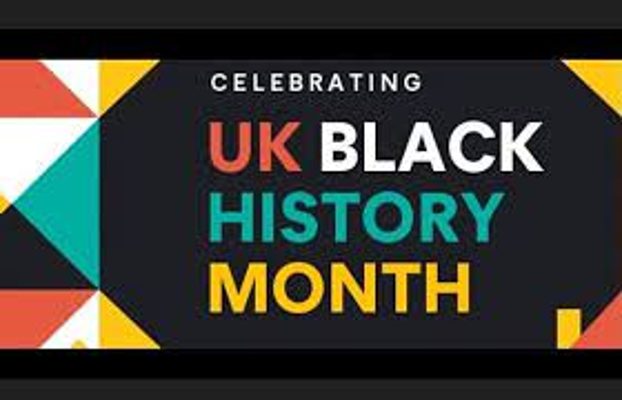Study shows 1-in-4 black respondents say they don’t know themselves fully because they don’t know enough about their cultural history
Home to over 400 languages and one of the most complex cultural fabrics to exist globally, StoryTerrace, the US’ leading biography-writing service, implores the nation to reflect on its own family history this Black History Month. In an enlightening study commissioned by the nation’s leading biographer, StoryTerrace, they found an intrinsic link between knowledge of one’s cultural roots and overall well-being.
Specifically, they found that 46% of black respondents admitted a missed opportunity to learn about their history as the person who knows most about it is no longer around. To that end, it makes sense that over half of these respondents said it would improve their mental health if they heard about their relative’s history/background.
It is widely documented there are prominent disparities in mental health outcomes in black Americans compared to their white counterparts, with research suggesting that the adult black community is 20% more likely to experience serious mental health problems. To that end, StoryTerrace’s data highlights a missed opportunity to lower these figures by delving into the past and connecting with preceding generations.
Further illustrating this, a report from UNESCO found that knowledge of one’s cultural history and ethnic background promotes a positive sense of self, social support, solidarity, and resilience. One of the most powerful case studies provided by StoryTerrace to emphasise the tacit link between journaling and cultural empowerment – having documented their life story with the service – is Matthew Kinnard.
Key findings:
- 27% of black respondents say they know little to nothing about their cultural heritage
- 42% say that they are raising their children without them or themselves having enough information about their cultural heritage
- 27% admit they are aware of their cultural history but struggle to identify with it
- 21% state that it negatively impacts their mental health by not knowing enough about their history. For example, breeding feelings of guilt, imposter syndrome or loneliness
Matthew Kinnard, a Tennessee native and distinguished academic from a rural background
Matthew grew up in Franklin, Tennessee with nine siblings and was the youngest. His parents were not educated, but educational excellence was always important to him. He went on to receive his doctorate in Philosophy whilst each of his siblings received their degree.
On being black in America, Matthew comments “Being black in America today, except in rare instances, varies little if any than when I grew up. As a black man, I am still expected to be better than my white counterpart to achieve the same level of socioeconomic success”.
His story is a testament to the struggles ethnic minorities face in America today – especially relating to his social mobility.
Help keep news FREE for our readers
Supporting your local community newspaper/online news outlet is crucial now more than ever. If you believe in independent journalism, then consider making a valuable contribution by making a one-time or monthly donation. We operate in rural areas where providing unbiased news can be challenging. Read More About Supporting The West Wales Chronicle

























